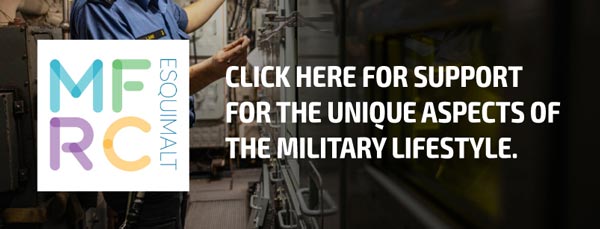Thomas Goenczi, Lookout contributor — You’ve been to counselling for about five sessions now.
At this point, you’ve hopefully unpacked your pressing issues to a reasonable degree. Moreover, depending on the severity of your chief complaint and the dynamics between you and your counsellor, you’ve more than likely started to see some benefit from counselling.
At this point, you may arrive at the proverbial fork in the road with your counselling journey, which may be invoked when you reflect on the progress you’ve made.
Generally, mental health practitioners use ‘massing’ at the outset of counselling. Massing suggests to the client or patient to come to counselling once or twice weekly. This is similar to when a doctor prescribes you a particular medication or supplement that requires a loading dose, which requires taking a higher dosage to knock back the presenting symptoms. What differs with counselling is that you have the autonomy to decide the dosage you need. This can be empowering to some, or anxiety-inducing to others, and it usually varies depending on the individual’s current disposition in making decisions for themselves.
So, more often than not, after a few sessions, people’s psychological vehicle starts to get back to some form of working condition. However, this shift in psychological and emotional well-being often can drive them to that fork in their therapeutic journey. Two common questions present themselves at this intersection of mental health:
How much longer will I need to continue coming to counselling; and
How frequently should I continue to go?
Reflect on your intention with counselling when deciding how you would like to move forward. Why did you choose to come to counselling initially, and has that changed since reaching the fork in the road?
For example, you chose counselling to work on your issues with ADHD, but throughout the initial few sessions, you discovered your social anxiety and how it relates to your relationships contributes to your ADHD. The evolution of an issue is very common in one’s therapeutic voyage and directly impacts the above questions.
Beyond reflecting on the evolution of counselling, you must evaluate your ability to withstand the work being done. This dilemma of knowing how much you can take must be undertaken in earnest. You could become overwhelmed with the process if it is too soon, which indicates that more work must be done. Once there is intuitive reflection, you can rationally and pragmatically deliberate what is best suited for you.
There is a myriad of outcomes at the described fork in the road.
Some people may come to the juncture and decide they have done all they can at this point and close their sessions. Others continue the work, intensely entrenching themselves in weekly therapy, while others see their counsellor monthly and use it as more of a psychic hygiene practice.
There is no wrong turn at this fork in the road. If you can tap into the fluidity and rhythm of your therapeutic journey, it becomes more of an immersive experience. By reflecting on what you need at that moment, whether it’s more frequent sessions or a break, and by having compassion for what you can endure, you set yourself up for a holistic and nourishing counselling experience.
Thomas Goenczi is an RCN Veteran and MA Clinical Counsellor with Private Practice: Well Then Therapy.
The content is not intended to be a substitute for professional advice, diagnosis, or treatment. Always seek the advice of your mental health professional or other qualified health provider with any questions regarding your condition.













